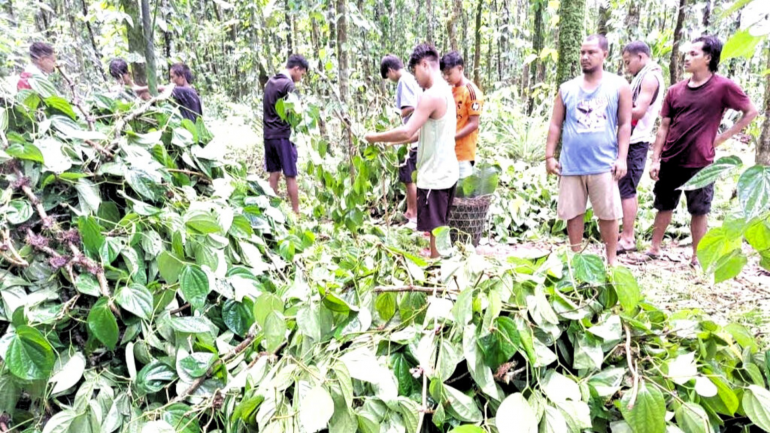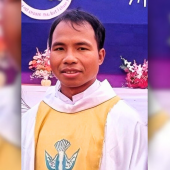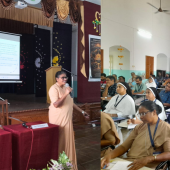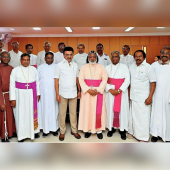Bangladesh: Attack on Betel Leaf Plantations Sparks Fear Among Indigenous Khasi Community

Tensions are high in the Khasi indigenous community of Pratappur Punji in Sylhet, northeastern Bangladesh, after miscreants cut down nearly 3,000 betel leaf (pan) plants on July 28. The destruction has triggered fear and anxiety among the approximately 70 Khasi families living in the area.
According to locals, the destruction occurred just weeks before the International Day of the World’s Indigenous Peoples, an annual occasion that sees indigenous groups across the country raise awareness of their rights and demands. The Khasi community in these villages is composed of approximately 70% Christians and 30% Hindus, who rely heavily on pan and areca nut cultivation for their livelihood.
The loss is staggering. Villagers say it takes nearly two years for a jum to reach full productivity, and a single plantation typically supports 15 to 20 workers. About 75% of the revenue is used to pay laborers and maintain the cultivation process.
“This is not just about damaged crops,” said one elder from the community. “This is a direct attack on our livelihood, our culture, and our security as an indigenous people.”
In total, around 25 families live in Pratappur Punji and 47 families in Lama Punji, with a combined population of approximately 410 people. The two villages have long been self-sustained through traditional farming, preserving not only economic independence but also deep-rooted cultural practices.
Community leaders describe the attack as unprecedented in scale and coordination. “In the past, there were minor incidents, maybe one or two trees cut,” said Headman Kongwan. “But this level of destruction is clearly organized and intentional. It’s not random vandalism.”
There are growing concerns that external groups, emboldened by recent political unrest and reduced administrative oversight, are attempting to assert control over the punji lands. Locals believe the attack was driven by frustration and revenge, aimed at dismantling the unity and resilience of the Khasi society, an obstacle for those seeking to dominate the resource-rich area.
Community members suspect the ultimate motive is to weaken the Khasi people economically and psychologically, forcing them to abandon their ancestral lands so outsiders can take control.
In response, the Khasi residents have begun engaging with local elected officials and law enforcement, demanding an immediate and impartial investigation. They are urging authorities to identify the perpetrators and bring them to justice before the situation escalates further.
“Our peaceful coexistence is under threat,” said one local youth leader. “If justice is delayed, our future, and the future of our traditional farming, will be in grave danger.”
Elders in the punji have issued a strong warning: without prompt intervention and accountability, the attack could mark the beginning of a dangerous new chapter in the ongoing struggle for indigenous rights in Bangladesh.
Radio Veritas Asia (RVA), a media platform of the Catholic Church, aims to share Christ. RVA started in 1969 as a continental Catholic radio station to serve Asian countries in their respective local language, thus earning the tag “the Voice of Asian Christianity.” Responding to the emerging context, RVA embraced media platforms to connect with the global Asian audience via its 21 language websites and various social media platforms.














